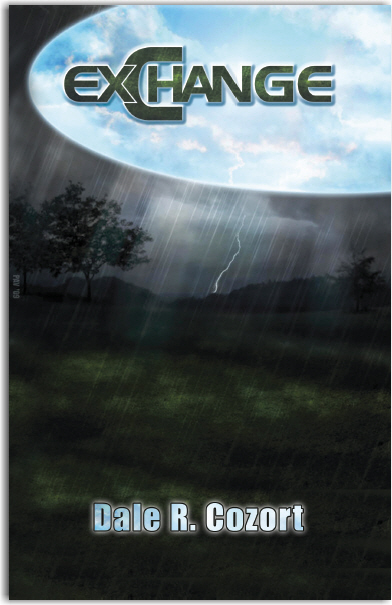|
|
| Home | Books | Alternate History | Science Fiction Adventure | Writing | About | Contact Me |
|
Why Don't More
Historians Use Alternate
History
Spain
Joins The Axis - June 1940 - part 2
Scenario
Seeds: Longer Lived Leaders
Scenario Seeds: Politically Potent Sons The Polish-German War of 1939-Machines Versus Magic Point Of Divergence is an amateur press magazine and also a forum for discussing AH and AH-related ideas. Here is my comment section. |
Some historians have embraced alternate history or iffy history as a tool of analysis. Most haven't. Why not? I think iffy history hasn't taken off among historians at least partly so many historians buy into one of two schools of thought (Tides of History and Great Man). Another part of the problem has also been the poor quality of the thinking behind so much of the alternate history that has been produced by professional historians. From what I've seen, an awful lot of the stuff that gets produced is more "If Only" than "What If". Much of the rest of it depends on Parallelism over a period of centuries. In other words, very little outside of the specific thing changed is affected. For example, the south may win the Civil War in some alternate history, but Bill Gates and George Bush are still around, and still have their historic personalities. Obviously that just isn't realistic. Another problem with historians and alternate history is that professional historians tend to specialize. A historian may know a great deal about Western Europe in the 1500s, but have very little knowledge of the New World or of Africa or Asia. The pieces of history are connected in hundreds, if not thousands of subtle and obvious ways. Depth of knowledge isn't as important in making a good alternate history as breadth of knowledge, though both are useful.
On the other hand, a seemingly minor change can percolate up through society over a period of centuries. A time-traveler steps on a bug in California in 1400. The affect may damp out quickly. The bug would have died in almost the same place a day later. The ripples may spread out over a period of centuries, starting with changes in bugs and bacteria, working its way up to mammals a few centuries later, then to Indians after a century or two, then to Mexico, and then to Europe. There could even be no detectable change in humans until after the time traveler gets home, after which the changes break out into humans in some nasty way. I firmly believe that alternate history can be a useful tool for understanding real history, but only in the hands of someone who is willing to follow through the implications of a change, and with a wide enough base of knowledge to see the connections between the point of divergence being looked at and a wide range of other things connected to that change.
Revised on Feb 4, 2012.
More Stuff For POD Members Only What you see here is a truncated on-line version of a larger zine that I contribute to POD, the alternate history APA. POD members get to look forward to more fun stuff.
|
